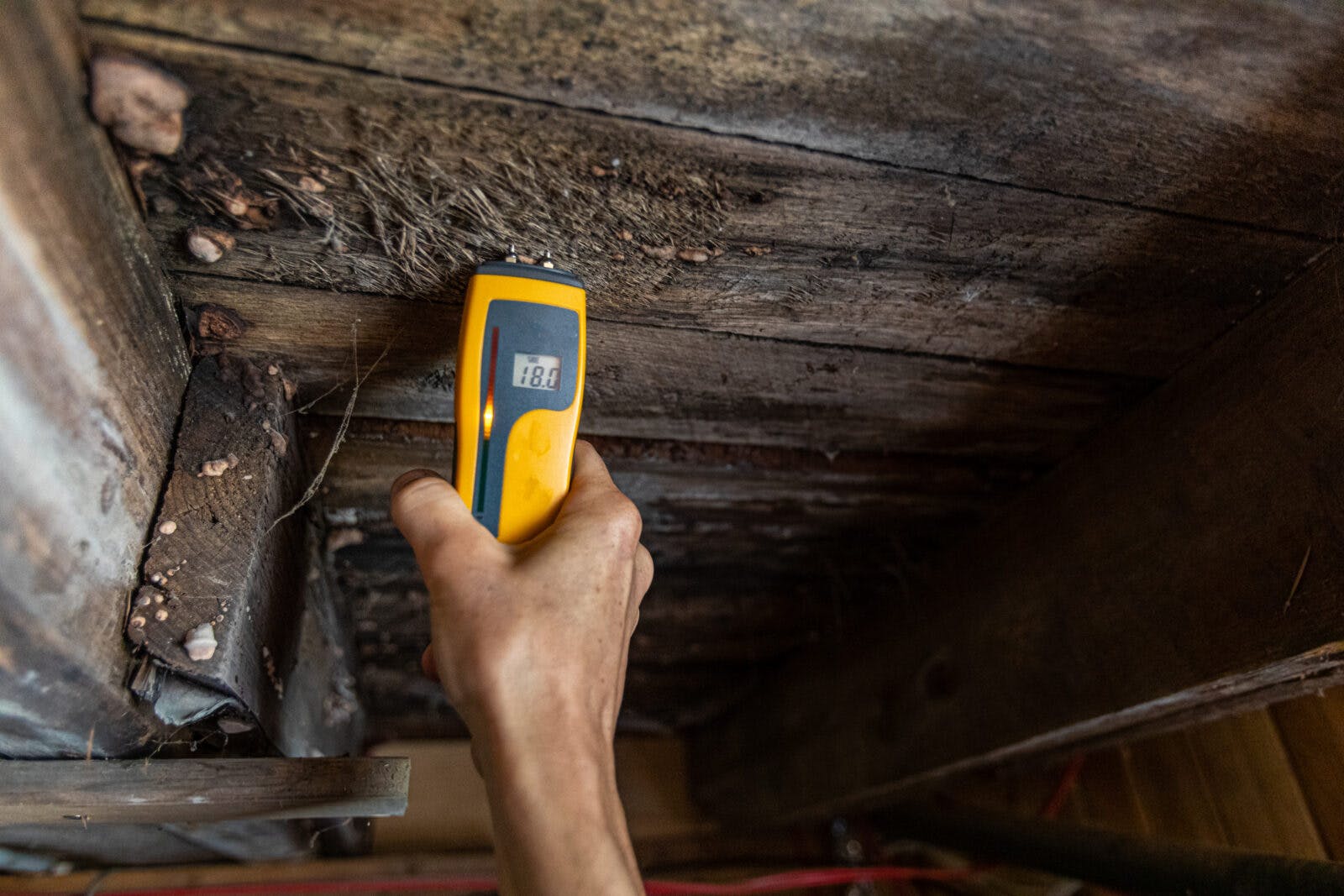Imagine buying a car without taking it for a test drive before making a purchase. You wouldn’t do that, right?
A home inspection is like a test drive for real estate. It allows the buyer to “drive” in and around the property, checking for any issues, quirks or potential maintenance needs. Just as you wouldn’t buy a car without knowing its condition, a home inspection ensures buyers are aware of the condition of the home they are considering purchasing.
Once financing on the property is secured, consumers should strongly consider having the home examined by a state-licensed inspector. It’s a smart thing to do.
Despite this advice, a significant group of buyers forgo the inspection. A full 26% of them surveyed in 2021 by Consumer Reports said they bought a home as is. I have seen it first-hand; buyers want to have their offer stand out from multiple bidders and nothing too significantly wrong with the property could dissuade them from getting this home.
Fortunately, at least for the time being, the market has cooled and buyers are taking the advice of friends, family and their real estate professionals to hire an inspector. It’s a smarter thing to do.
New owners who learn about a damaged septic system or hidden cracks in the foundation can put a dark cloud over an otherwise sunny purchase. With some possessions still sitting in boxes and furniture being delivered, owners want to avoid urgent projects that may cost them tens of thousands.
And, neither you, your uncle nor a real estate broker are replacements for the skill and care taken by an inspector to identify issues or potential problems. It should not be someone else’s job.
Inspectors should be affiliated with the American Society of Home Inspectors or the National Academy of Building Inspection Engineers. They will look at the entire home – mechanical, electrical and plumbing – for signs of aging, damage and dangerous conditions.
In their report, inspectors will highlight serious issues and then offer additional detail about each item. Inspectors will also make suggestions on how to extend the life of items by maintaining them or changing aspects to ensure owners won’t have to face an unwanted cost any sooner than possible.
It’s noteworthy that there are whole home inspectors who, as noted, are conducting an overview of the property. In addition, specialist inspectors are more qualified to cover specific areas, such as the roof or foundation, or to check for mold, radon or pests.
Inspectors may observe something – for example, noting the possible presence of wood-destroying insects – but should not declare insects are indeed damaging the frame of a house. That’s what qualified specialist inspectors can do for you.
Putting it differently, the home inspection process can include multiple reviews within a short period. The costs can add up – $750 or more – but it’s critical to look at the big picture: Knowing about issues before closing on the purchase will allow buyers to review their budget, possibly get a second opinion, seek relief from the sellers, or walk away from the offer altogether.
Washington Realtors, of which I am a member, is all about consumers first. We believe in being transparent and honest, as well as treating everyone with respect. This truth I believe: We are providing a service to buyers to learn as much as possible about the home before making the purchase. Having the property inspected is the smartest move … before making a move!
RELATED ARTICLES
Home Inspections: What Buyers Can and Cannot Do
Understanding the Home Inspection Report
Why Getting a Home Inspection Before Selling a Home Can Be a Wise Move




